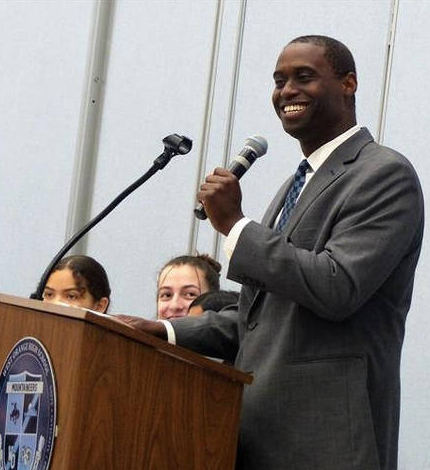Why New Year’s Resolutions Resolve Nothing
New Year Resolutions are something that originated from ancient Babylonians, over 4,000 years ago. The New Year was actually a different time for the Babylonians, as it was in mid-March instead, since that is when they planted the new crops for the years. New Year celebration was part of a 12 day religious festival known as Akitu, where the Babylonians would either crown a new King or reaffirm their loyalty to the reigning King. New Year’s resolutions started when the Babylonians made promises to the gods to pay their debts and also to return any objects they had borrowed.Nowadays, New Year’s resolutions are just a claim that Americans use to feel better about themselves and will carry out these goals for the first month or so then return back to their old ways.
Resolutions can prove to be pointless due to people’s expectations of what a resolution should consist of. People base their resolutions off of the majority of what other people are doing. This is why if you were to look at peoples’ resolutions, you would mostly see things like “eating healthier,” or “getting in the gym more.” In a recent poll of the most common New Year resolutions, 38% said they were going to exercise more and 33% resolved to lose weight. There was only 1% that consisted of other goals. These all sound good on the surface, but in reality you are just saying what everyone else is and the goals are not fit for what’s best for you. If you are looking to set resolutions for the new year, they should be based on what you want to be doing and not what you think you should do. This will help you to be successful in working to accomplish the goal and not forcing yourself to do something you don’t want to and, in the end, won’t follow through with.
People also set really high and lengthy goals for the New Year, making them more susceptible to giving up a few weeks in. Their mental toughness isn’t usually ready for such a resolution, and they try to force themselves into a big task without being fully prepared.This isn’t a bad mindset, but most goals are just unrealistic. Clinical psychologist Dr. Paula Bloom tells us many people try to accomplish too much at once. They set unrealistic goals like visiting the gym six times a week.
Many people have used the term New Year’s Resolution for so many years that it seems like it’s been pretty much worn out. I think it’s safe to say, though, that the word resolution is actually misused a lot. The word resolution means a firm decision to do or not do something strictly. With people everywhere making resolutions once the clock hits midnight on January 1st, after a few weeks or months, the resolutions start to fade out of focus in people’s minds. So what can people do to try and stay focused on making those plans for a new beginning? It’s simple: just don’t call them resolutions. A resolution is a firm yes or no and with the constant changing of people’s lives and schedules some of those resolutions get lost in those times. A better word would be goals. New Year’s goals means that something can be done, but in case anything happens, it’s not a definite yes or no. We are all human in the end and making changes to our life can be difficult, but being flexible and responsible with them makes them more attainable.










































































